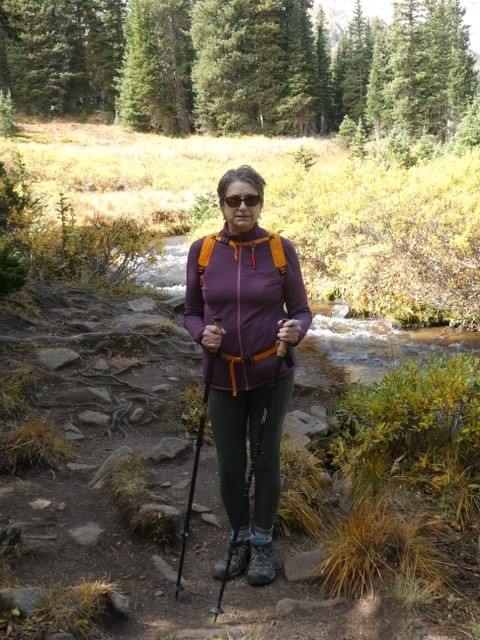I am 69.
I became aware that something was wrong in 2016 when I lived in Southern California. I started with my physician, went to an ENT had CT scans, and eventually went to UCLA. I had this strange feeling in my sinuses.
From there, I noticed that my speech became very strange, and people asked if I had a cold. My husband and I moved to Colorado in 2017 and I began to see an ENT in Boulder, Colorado. He diagnosed me with Palatal Myoclonus. He started botox in my throat and sent me to see a neurologist. I had an MRI and everything was normal.
I continued to suspect something was really wrong with me. I am an avid hiker and I found myself becoming very cautious. Around this time, I started to have double vision. I found my self reading with one eye. My optometrist said it was something older people get. So, I got prism glasses. At this time, in 2018, botox was no longer working.
In 2019, I sent letters to various clinics. After several rejections from Mayo Clinic, I did write to an individual doctor who agreed to see me. A drive from CO to Rochester is not fun!
He diagnosed me with hypertrophic olivary degeneration. It appears the MRI did show a problem. I went back to Colorado and started to see neurologists from UC Health Movement Disorder Clinic. This doctor feels strongly that I have a slow ataxia with Palatal Myoclonus.
Both physicians were not able to predict my future or what my future would look like. I cried for months. I joined the Denver Ataxia Group and NAF. It is still a bit frightening. Looking back, I see that there were earlier messages. Looking at birds through a binocular was not easy. I started to trip sometimes on a hike. My handwriting became horrible however I can still print.
As soon as I was diagnosed, I thought my world was coming to an end. I could not sleep. My life changed. I gave away most of my clothes. I did not see a light. I volunteered for years and can no longer do it. Thankfully, I can still use my computer. My genetic screen is normal and I continue with botox and a speech therapist.
This is why research is so important. There is no treatment, cure, drug that can help. There are no options. This really destroys who we are.
About Nancy: When I retired from my last position in Corporate Quality at a biopharmaceutical company, I volunteered at a food bank, homework center for students, hospice and an Institutional Review Board that reviews all clinical research that a community participates in. I love to hike, snowshoe, read, and bike.
Read Other Member Stories
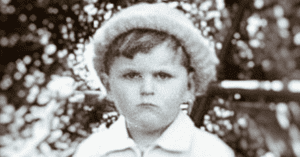
Jerry’s Story
I’m actually reluctant to tell my story as it’s far from positive. Currently my tremors are more disabling than my balance issues, which are dreadful. I suppose I noticed things Read More…
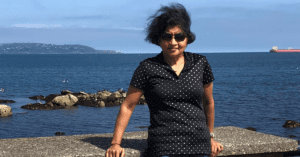

Parna Mukherjee
I was born in a family with SCA2 back in India. My father had the symptoms of Ataxia as well as all his five siblings. At that time, it was Read More…


Jency W
I got diagnosed at 40 after always walking awkward and 2 years of being unsteady. Now I’m going to start physical therapy and apply for SSDI. It’s sad for me, Read More…
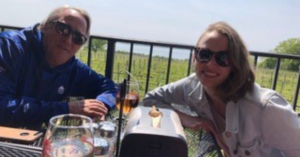

The Ruehl Family
When Charlie Ruehl was in high school, his mom Susan recalls he would always miss the same step at the bottom of their staircase. She chalked it up to him Read More…
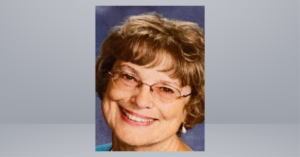

Carol Paige
My unwanted guest arrived when I was conceived. He rode in on my DNA and set up residence in the part of my brain called the cerebellum. This is located Read More…
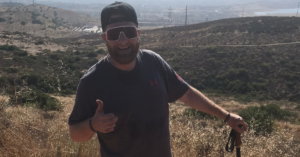

Tom Lawson
My name is Tom Lawson and I am 46 years old, married with three children and a dog. I was diagnosed with Cerebellar Ataxia six years ago. Being diagnosed with Read More…


